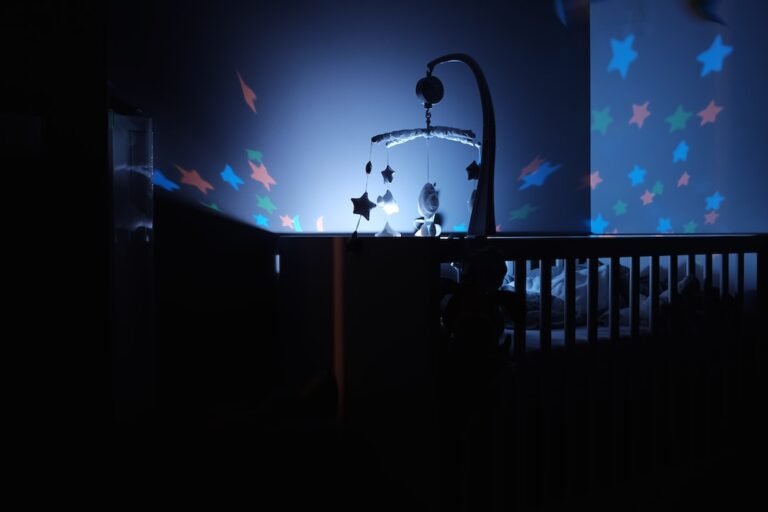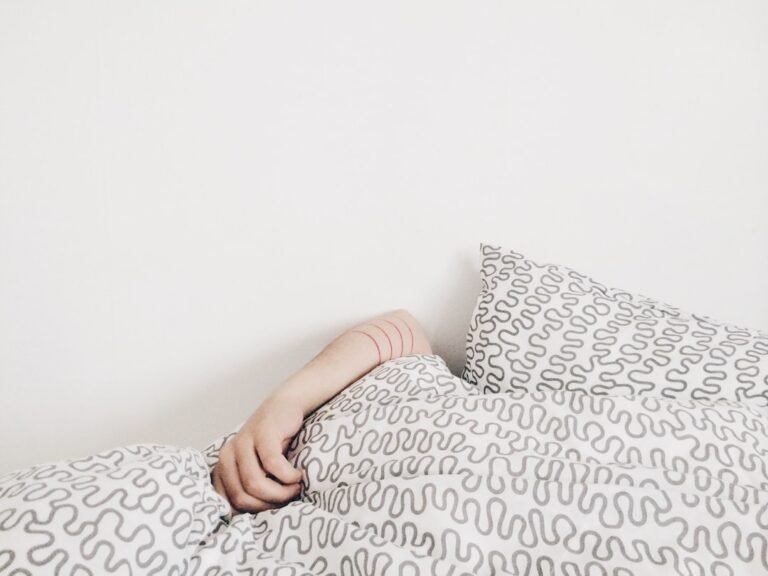Unwind and Unplug: The Importance of Relaxation for a Good Night’s Sleep
Sleep is an essential component of overall health and well-being. It is during sleep that our bodies repair and rejuvenate, allowing us to wake up feeling refreshed and ready to take on the day. However, many people struggle with getting a good night’s sleep, often due to stress, anxiety, or an inability to relax. This is where the importance of relaxation comes in.
Relaxation plays a crucial role in promoting quality sleep. When we are relaxed, both mentally and physically, it becomes easier for us to fall asleep and stay asleep throughout the night. By engaging in relaxation techniques before bedtime, we can calm our minds and bodies, allowing for a more restful and rejuvenating sleep experience.
The Link between Relaxation and Sleep Quality
Relaxation has a direct impact on sleep quality. When we are relaxed, our bodies release hormones that help to calm the mind and prepare us for sleep. This includes the release of melatonin, a hormone that regulates sleep-wake cycles. By engaging in relaxation techniques such as deep breathing exercises or progressive muscle relaxation, we can stimulate the release of melatonin and promote a more restful sleep.
In addition to promoting the release of sleep-inducing hormones, relaxation also helps to reduce stress and anxiety. When we are stressed or anxious, our minds tend to race with thoughts and worries, making it difficult to fall asleep. By engaging in relaxation techniques, we can quiet the mind and reduce stress levels, making it easier to drift off into a peaceful slumber.
Chronic Stress and Its Impact on Sleep
Chronic stress can have a significant impact on sleep quality. When we are under constant stress, our bodies remain in a state of heightened alertness, making it difficult to relax and fall asleep. This can lead to insomnia or other sleep disorders.
Furthermore, chronic stress can disrupt the natural sleep-wake cycle, leading to irregular sleep patterns and a decreased ability to achieve deep, restorative sleep. This can leave us feeling tired and groggy throughout the day, impacting our overall well-being and productivity.
It is important to manage stress effectively in order to promote better sleep. This can be done through various relaxation techniques such as meditation, yoga, or engaging in hobbies that bring joy and relaxation. By actively managing stress, we can improve our sleep quality and overall well-being.
The Benefits of Unwinding and Unplugging Before Bedtime
In today’s digital age, technology has become an integral part of our lives. However, the excessive use of technology before bedtime can have a negative impact on relaxation and sleep quality. The blue light emitted by electronic devices such as smartphones, tablets, and computers can interfere with the production of melatonin, making it difficult to fall asleep.
Additionally, engaging in stimulating activities such as scrolling through social media or watching intense television shows before bed can increase stress levels and make it harder to relax. It is important to disconnect from technology at least an hour before bedtime in order to promote relaxation and prepare the mind and body for sleep.
Simple Relaxation Techniques to Improve Sleep
There are several simple relaxation techniques that can be incorporated into a bedtime routine to improve sleep quality. One effective technique is deep breathing exercises. By taking slow, deep breaths and focusing on the sensation of the breath entering and leaving the body, we can activate the body’s relaxation response and promote a sense of calm.
Another technique is progressive muscle relaxation. This involves tensing and then releasing each muscle group in the body, starting from the toes and working up to the head. This technique helps to release tension from the body and promote physical relaxation.
Visualization techniques can also be helpful in promoting relaxation before bed. By imagining a peaceful scene or engaging in guided imagery exercises, we can create a mental environment that is conducive to sleep and relaxation.
The Role of a Bedtime Routine in Promoting Relaxation

Establishing a consistent bedtime routine is essential for promoting relaxation and improving sleep quality. A bedtime routine signals to the body that it is time to wind down and prepare for sleep. By engaging in relaxing activities before bed, such as reading a book, taking a warm bath, or practicing relaxation techniques, we can create a sense of calm and promote a restful night’s sleep.
It is important to establish a routine that works for you and stick to it consistently. This will help to regulate your body’s internal clock and make it easier to fall asleep and wake up at the desired times. Avoiding stimulating activities or caffeine in the hours leading up to bedtime can also contribute to a more relaxing sleep routine.
Creating a Relaxing Sleep Environment
The sleep environment plays a crucial role in promoting relaxation and quality sleep. Creating a calming and comfortable sleep environment can help to signal to the body that it is time to relax and prepare for sleep.
One important aspect of creating a relaxing sleep environment is ensuring that the bedroom is cool, dark, and quiet. This can be achieved by using blackout curtains or blinds, wearing earplugs or using white noise machines, and setting the thermostat to a cool temperature.
Investing in a comfortable mattress and pillows can also contribute to a more relaxing sleep environment. It is important to choose bedding that is supportive and comfortable, allowing for proper spinal alignment and reducing discomfort during sleep.
The Negative Effects of Technology on Relaxation and Sleep
Technology has become an integral part of our lives, but it can have negative effects on relaxation and sleep quality. The blue light emitted by electronic devices such as smartphones, tablets, and computers can interfere with the production of melatonin, making it difficult to fall asleep.
Additionally, engaging in stimulating activities such as scrolling through social media or watching intense television shows before bed can increase stress levels and make it harder to relax. It is important to reduce technology use before bedtime in order to promote relaxation and prepare the mind and body for sleep.
Strategies for reducing technology use before bedtime include setting a specific time to turn off electronic devices, using apps or settings that filter out blue light, and engaging in alternative activities such as reading a book or practicing relaxation techniques.
The Importance of Making Time for Relaxation in a Busy Schedule
In today’s fast-paced world, finding time for relaxation can be challenging. However, it is important to prioritize relaxation in order to promote overall well-being and improve sleep quality.
Chronic stress and a lack of relaxation can have negative effects on both physical and mental health. By making time for relaxation, we can reduce stress levels, improve sleep quality, and enhance our overall well-being.
Finding time for relaxation can be as simple as setting aside a few minutes each day to engage in activities that bring joy and calmness. This can include practicing mindfulness or meditation, engaging in hobbies or activities that promote relaxation, or simply taking a few moments to breathe deeply and focus on the present moment.
Prioritizing Relaxation for Better Sleep and Overall Well-being
In conclusion, relaxation plays a crucial role in promoting quality sleep and overall well-being. By engaging in relaxation techniques before bedtime, we can calm our minds and bodies, making it easier to fall asleep and stay asleep throughout the night.
Chronic stress can have a negative impact on sleep quality, making it important to manage stress effectively through relaxation techniques. Creating a relaxing sleep environment and establishing a consistent bedtime routine can also contribute to better sleep.
In today’s digital age, it is important to disconnect from technology before bedtime in order to promote relaxation and prepare the mind and body for sleep. Making time for relaxation in a busy schedule is essential for promoting overall well-being and improving sleep quality.
By prioritizing relaxation and incorporating it into our daily lives, we can reap the benefits of better sleep and enhanced overall health and well-being.






